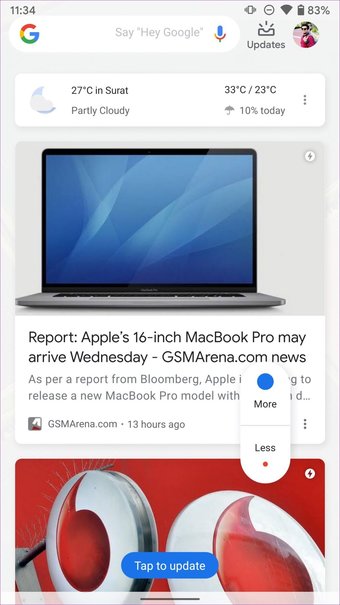

I'm already familiar with Blender so it was a no-brainer to keep using that (I did take a brief look at picoCAD, which looks great).
#Pixelator vs pixatool software#
The other big decision was what modeling software to use. Godot fortunately looks better after playing around with it a bit I feel somewhat confident that it's the right choice. When developing The Founder I initially used Unity, but had such a frustrating time with it that I ended up developing it as a web game. I was a little hesitant at first, based on my previous experience with this sort of game engine. In the meantime they suggest Godot, which is well-supported, open source, and mature, something like to the game world what Blender is to the 3d modeling world. Unfortunately it's still in development, which would likely lead to a lot of headaches down the road. I initially was looking at Bevy, which is a Rust ECS (Entity-Component-System) framework that looks very promising. Probably the biggest starting decision is what game development framework to use. I'm really just putting together a custom authoring system for this particular game. Most of them time will be creating assets (modeling, processing textures, animating, etc) and writing the story and dialogue. Right now I'm thinking the core development pieces are relatively simple and robust once in place.

Expressiveness: Ideally whatever I set up now is enough to cover whatever ideas I might come up with down the line, and to allow me to express them quickly and intuitively.Time: I have a job and other obligations, so anything that can smooth out workflows, minimize clicking and pausing and looking for the right folder and so on is ideal.There are two main fundamental and related constraints: I have a big dump of notes and memos to turn into something more coherent, but because the world, game mechanics/experience, and story are all going to be constrained by development considerations, I want to start getting that whole infrastructure and process in place before going any further. Should you have any feedback or ideas for improvement, please, do not hesitate to drop us a line through the "Feedback" button in the bottom right corner.For the past few months I've been sketching out the world and rough game mechanics/experience for a new game I'm working on called Fugue. We are continuously working towards improving it, keeping it simple, making it more helpful and providing objective lists. More.Īs a StartUp, SaaSHub is under constant development. That will help us keep all the information up to date. Once a product is verified, a vendor's representative is going to receive a monthly notification with a one-click option to verify their listing. Furthermore, it gives software vendors the control over their listing in our marketplace. For example, current pricing, description, logos, etc. On one side, it ensures that end-users see only up-to-date and verified information.
#Pixelator vs pixatool verification#
The process of product verification is one of the cornerstones of SaaSHub. Then, based on our algorithms and user votes, we compile lists with the best alternatives. We collect articles containing product reviews, alternatives to a particular product or lists with the best software available in a specific category. While some products might be listed as recommended on the sidebar, the main lists are entirely based on objective criteria.

We may highlight featured products, but we never move products up the ranking list just because they are featured. We will always use the same logic to prepare our main lists of alternatives. Our goal is to help end users find the best software and product alternatives while helping software vendors improve their online presence and promote their software. SaaSHub is your independent software marketplace.


 0 kommentar(er)
0 kommentar(er)
